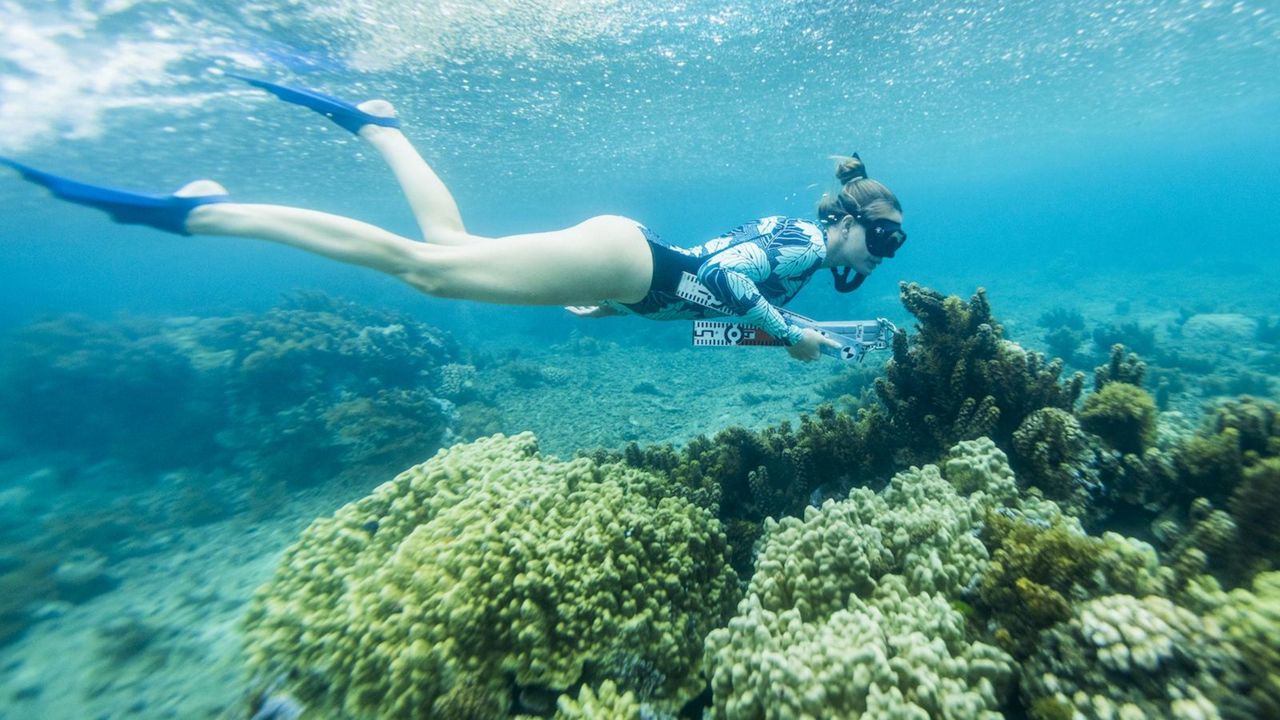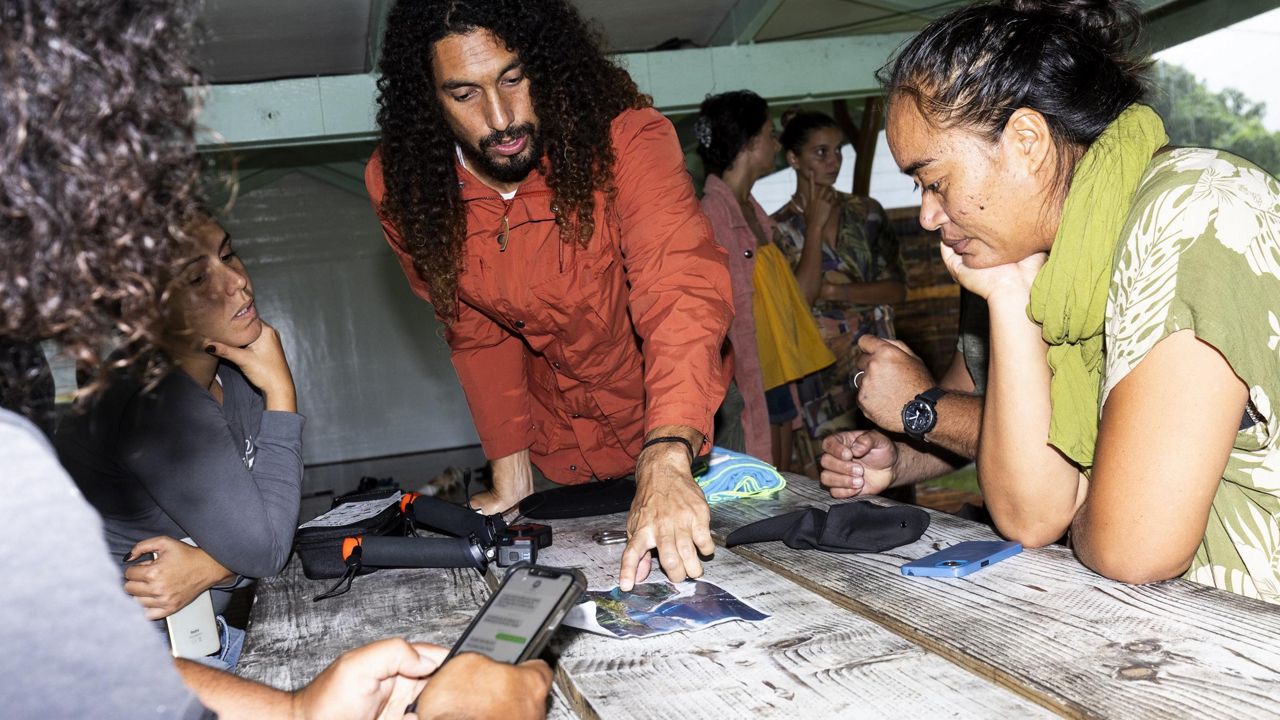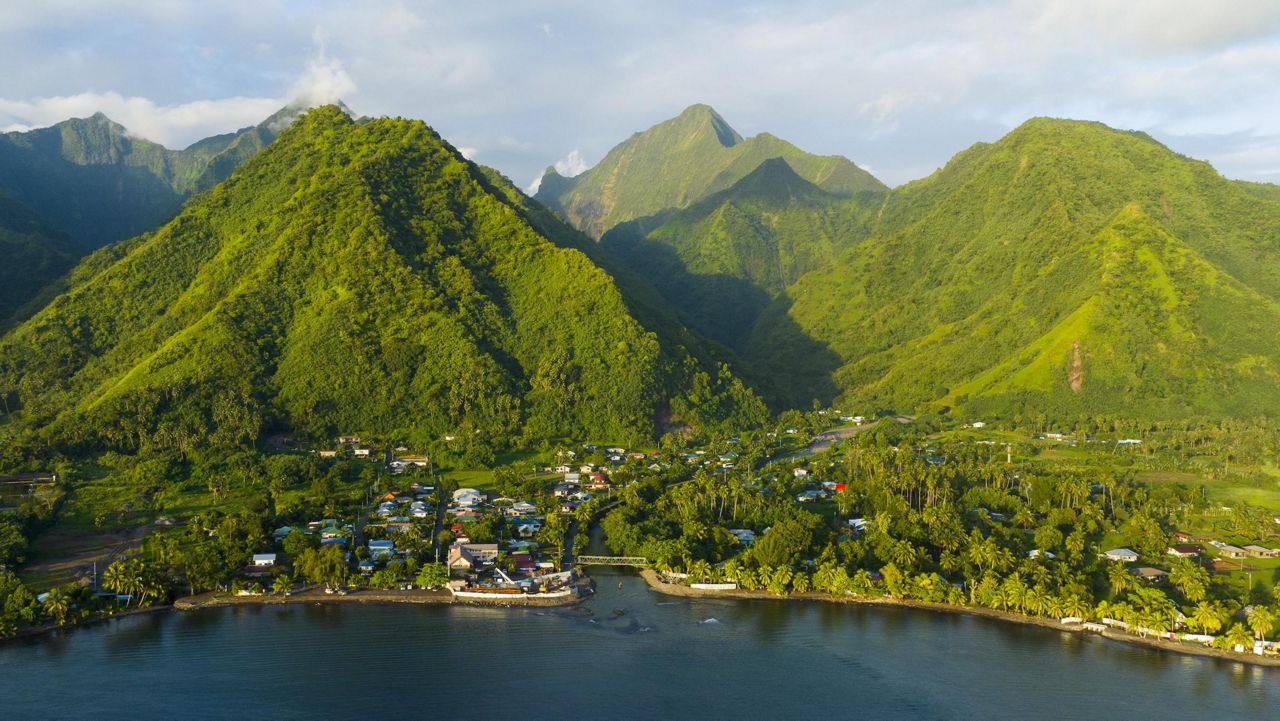Researchers published a study in “Remote Sensing” about how the construction of an Olympic tower on the reef in Tahiti could damage the reef ecosystem.
The 2024 Olympic surfing competition will be held at Teahupo'o in French Polynesia. Because Teahupo'o surf breaks offshore, there is an existing judging tower used by the World Surf League in the lagoon. However, organizers plan to build a $5 million aluminum tower onto the reef for judges and television cameras, which will accommodate 40 people and includes toilets and air conditioning.
Researchers at the University of Hawaii at Manoa, UH Hilo, Arizona State University and community partners in Tahiti studied the importance of the reef as a part of the ecosystem and a resource for the community, according to a news release.

The researchers mapped the lagoon where the reef will be dredged to accommodate barge transport of tower materials. Dredging could affect 2,500-square meters of reef, according to the researchers. The Hawaii State Division of Aquatic Resources Penalty Matrix was used to estimate the value of the live corals and algae, with researchers finding a financial impact of $1.3 million if the live reef habitat is damaged. The calculation does not include potential financial impacts if water quality is affected.
“We hope the International Olympic Committee, appropriate government officials and the greater international community can see how devastating this impact will be to not only the valuable coral reef habitat but also the local community who depend on this reef for their livelihood and well-being,” said John Burns, lead author of the study, UH Hilo associate professor in marine science and data science, and MEGA Lab member.
The research team trained community members from Vai Ara O Teahupo'o to use 3D photogrammetry techniques to create high-resolution habitat maps of three sites that dredging and tower construction may affect. The researchers analyzed the maps to quantify species diversity, coral colony count, coral colony size, and percent of the ocean floor covered by live coral and other living organisms. In the 322 square meters where the tower would be built, researchers found 1,003 corals from 20 different species.

“Although these organisms' value will never be fully represented through a capitalistic lens, based on U.S. valuations used by the Hawaii Division of Aquatic Resources, our data show the value of just the corals and algae at this small portion of the reef is estimated to be worth at least $170,000,” said Haunani Kane, co-author, assistant professor of Earth Sciences in the School of Ocean and Earth Science and Technology at UH Mānoa, and MEGA Lab member.
Cliff Kapono, co-author, assistant professor at Arizona State University and MEGA Lab member, said he hopes their research will help persuade organizers to reconsider building the tower and at least the maps will be available to hold any future disruptors accountable.
“There are alternatives to constructing a new tower, such as using the existing tower, which the World Surf League uses for competitions,” said Kapono.
Michelle Broder Van Dyke covers the Hawaiian Islands for Spectrum News Hawaii. Email her at michelle.brodervandyke@charter.com.



